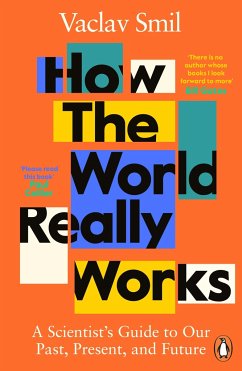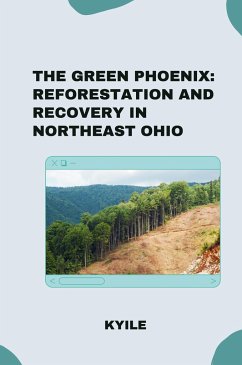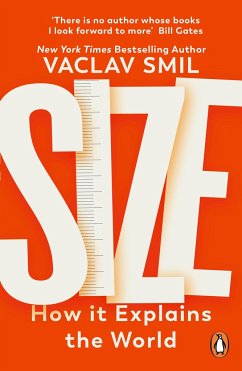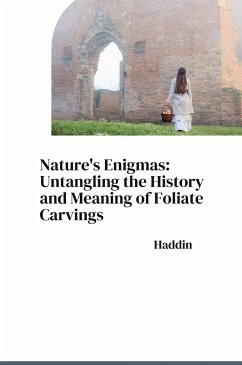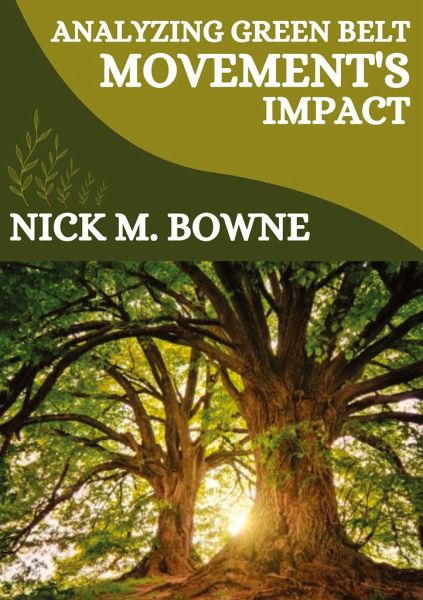
Analyzing Green Belt Movement's Impact
Versandkostenfrei!
Versandfertig in 6-10 Tagen
15,00 €
inkl. MwSt.

PAYBACK Punkte
0 °P sammeln!
When the Nobel Committee announced on October 8, 2004, in Oslo that it had decided to award its Peace Prize to an environmentalist, many people were perplexed. Unable to fathom what an environmentalist and a peace prize had in common, these observers were surprised to learn that an environmentalist won during a time when the war against terrorism was raging in Iraq and Afghanistan, and North Korea and Iran were attempting to procure nuclear weaponsarsenals. Besides this unusual international context, there was a record field of 194 nominees,among them U.S. President George W. Bush, British Pre...
When the Nobel Committee announced on October 8, 2004, in Oslo that it had decided to award its Peace Prize to an environmentalist, many people were perplexed. Unable to fathom what an environmentalist and a peace prize had in common, these observers were surprised to learn that an environmentalist won during a time when the war against terrorism was raging in Iraq and Afghanistan, and North Korea and Iran were attempting to procure nuclear weaponsarsenals. Besides this unusual international context, there was a record field of 194 nominees,among them U.S. President George W. Bush, British Premier Tony Blair, and Pope John Paul II("Women and Gender," 2004). Despite these impossible odds, the 2004 Nobel Peace Prize went to Wangari Maathai from the Green Belt Movement (GBM) in Kenya. In its press release, thecommittee noted that the prize was awarded to Maathai






